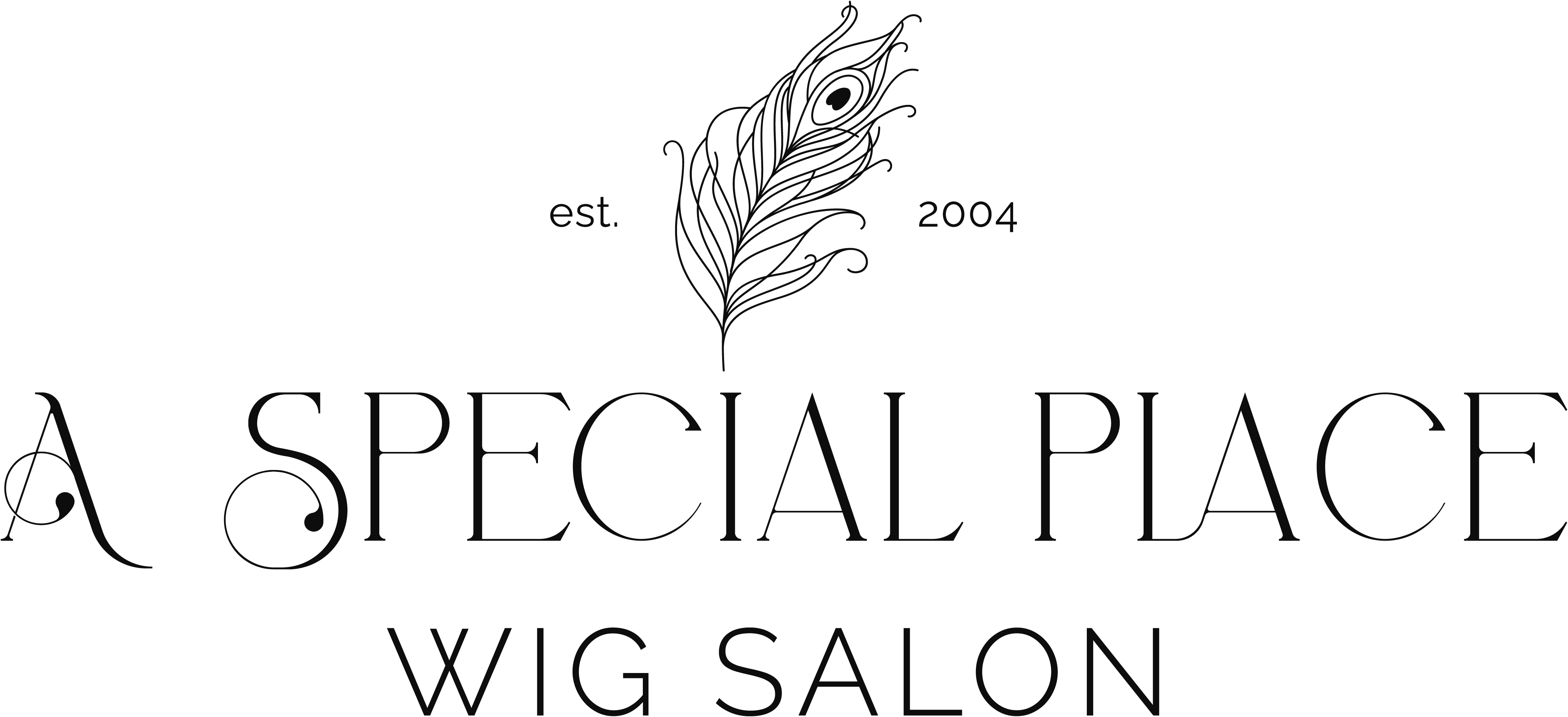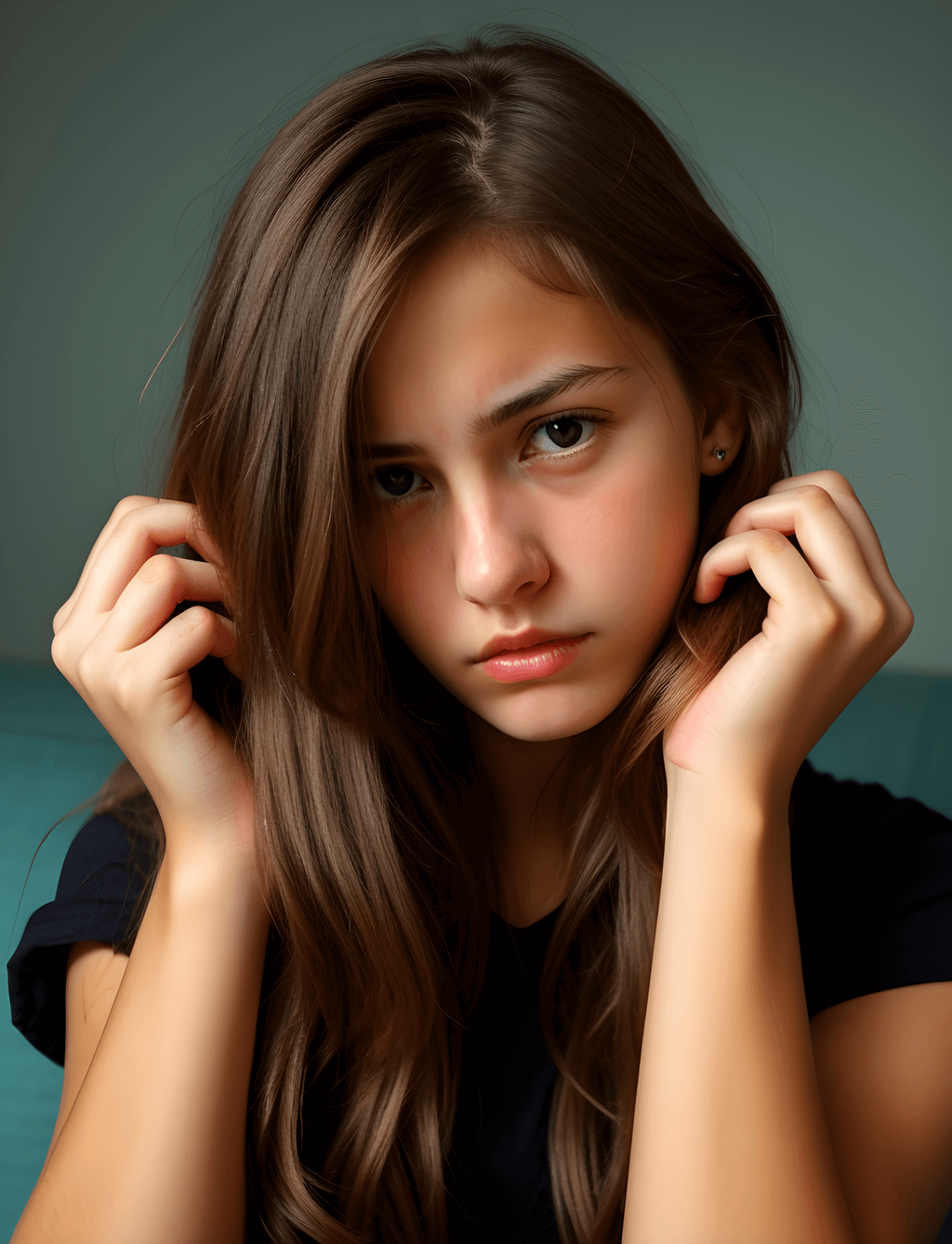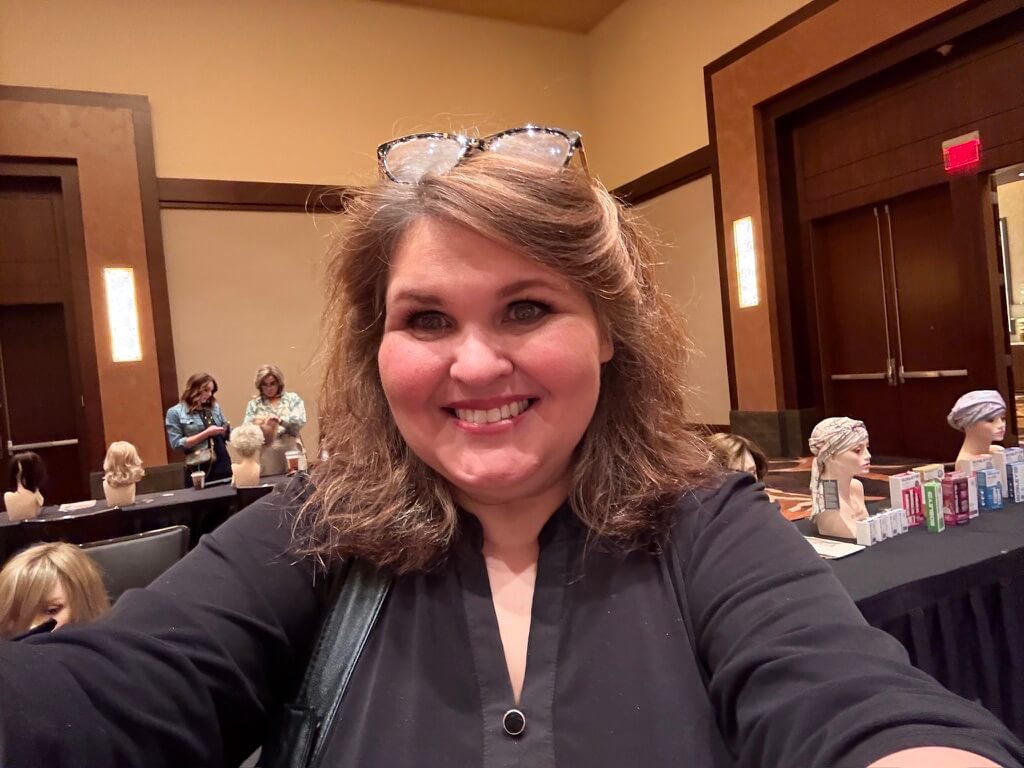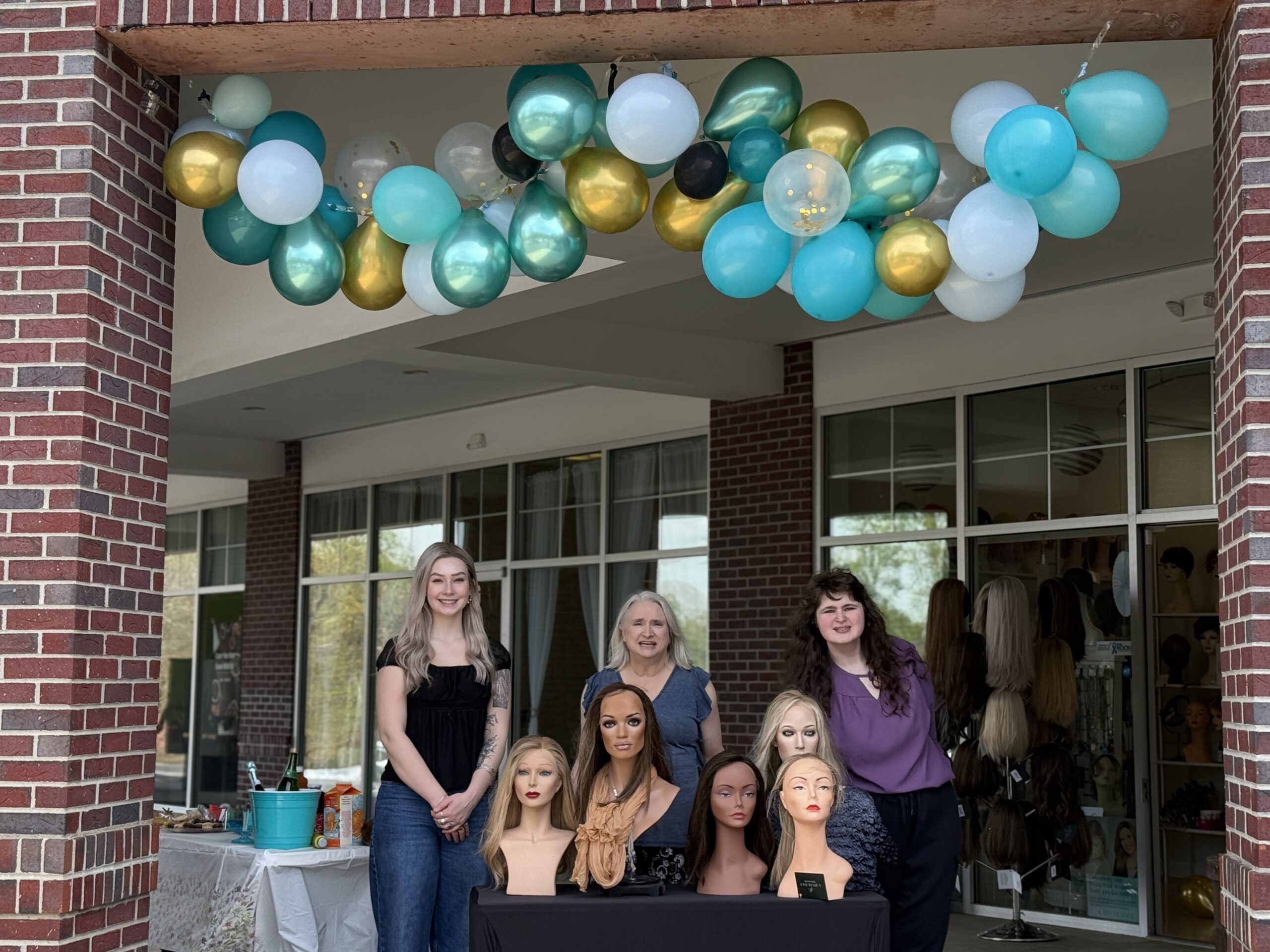The Most Common Cause of Hair Loss
Androgenetic alopecia, also known as male or female pattern baldness, is the most prevalent form of hair loss worldwide. Affecting millions of people, this condition can significantly impact self-esteem and quality of life. In this article, we’ll explore the causes, symptoms, and treatment options for thi common hair loss condition.
What is Androgenetic Alopecia?
Androgenetic alopecia is a genetic condition that causes gradual hair thinning and loss. It affects both men and women, though the pattern and progression can differ between sexes.
- Causes
The primary factors contributing to male and female pattern baldness are:
1. Genetics: Inherited genes play a crucial role in determining susceptibility.
2. Hormones: Dihydrotestosterone (DHT), a hormone derived from testosterone, is a key player in the process.
3. Age: Risk increases with age, though it can start as early as the teenage years.
- Symptoms
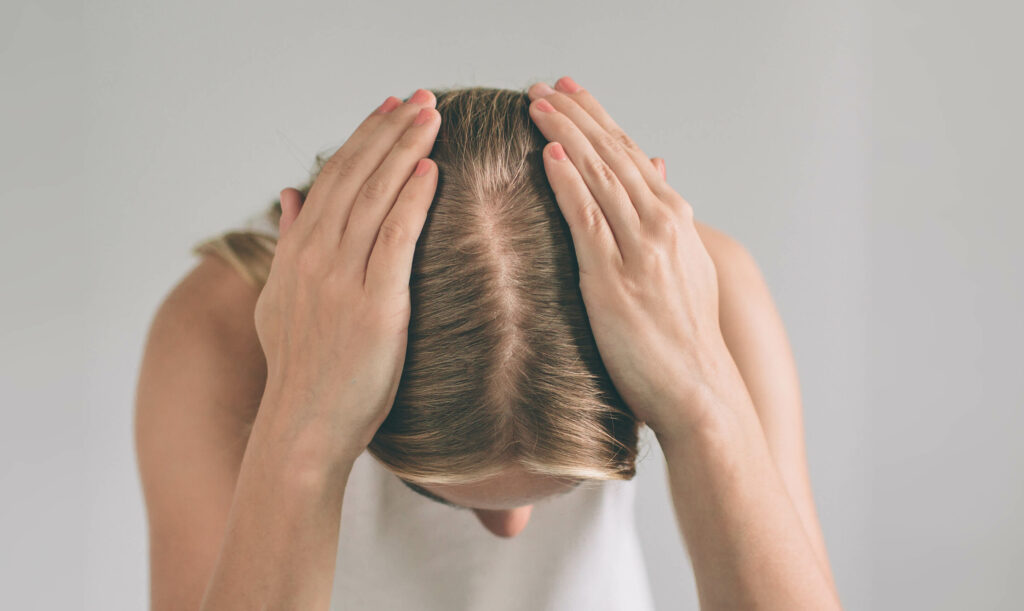
In men:
– Receding hairline, often in an M-shape
– Thinning at the crown
– Gradual progression to partial or complete baldness
In women:
– General thinning across the scalp
– Widening of the hair part
– Rarely results in complete baldness
- Diagnosis and Treatment
A dermatologist or trichologist can diagnose your hair loss causes through a physical examination and medical history review. A few treatment options include:
1. Medications:
– Minoxidil (topical)
– Finasteride (oral, primarily for men)
2. Hair transplantation surgery
3. Low-level laser therapy
4. Lifestyle changes:
– Balanced diet
– Stress management
– Gentle hair care practices
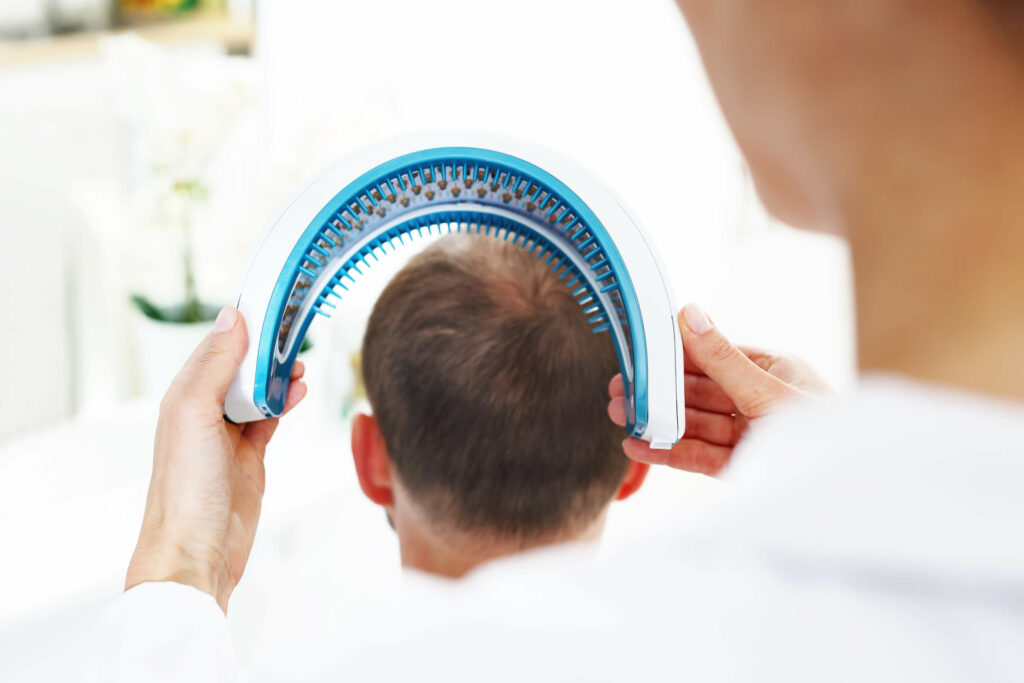
Living with Androgenetic Alopecia
While hair loss can be distressing, it’s important to remember that it doesn’t define a person’s worth or attractiveness. Many people learn to embrace their changing appearance, while others opt for treatments or hair alternatives like wigs or hairpieces.
Androgenetic alopecia is a common and natural part of aging for many people. Understanding the condition and exploring available options can help individuals make informed decisions about their hair and overall well-being. If you’re concerned about hair loss, consult with a dermatologist to discuss the best approach for your unique situation.
